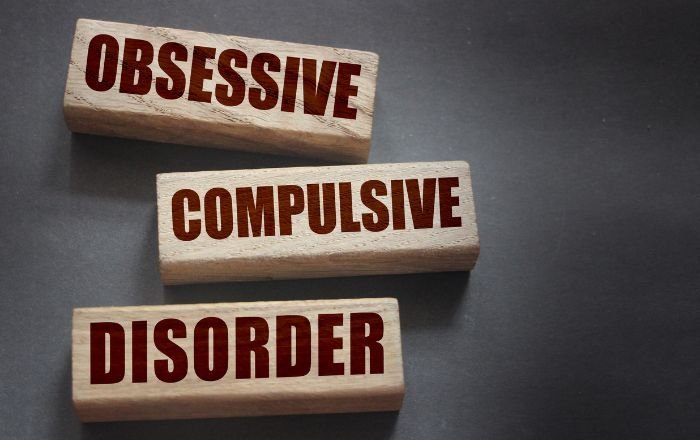Definition And Types Of OCD
Obsessive-Compulsive Disorder, commonly referred to as OCD, is a complex and chronic mental health disorder that affects millions of people around the world. Characterized by a cycle of obsessions and compulsions, OCD can be extremely distressing and disruptive to an individual’s daily life. This mental health condition involves a pattern of unreasonable thoughts and fears (obsessions) that lead you to perform repetitive behaviors (compulsions).
Understanding OCD Types
Understanding the nature of OCD involves examining the various types that individuals can experience. These categories offer insight into the breadth of OCD’s manifestations.
Definition
At its core, OCD is a chronic disorder with obsessions and compulsions defining its primary symptoms. Obsessions are persistent, unwanted thoughts, images, or urges that cause significant distress. In response to these obsessions, individuals with OCD feel driven to perform certain repetitive behaviors, known as compulsions, in an attempt to alleviate the distress.
Common Types Of OCD
OCD presents itself in numerous ways, varying from person to person. It’s helpful to consider common types, which include Contamination OCD, Checking OCD, Symmetry and ordering OCD, Intrusive thoughts OCD, Hoarding OCD, and Counting and arranging OCD.
Causes And Risk Factors
While the exact cause of OCD is not fully understood, research suggests it involves a combination of several factors, including biological and environmental influences.
Symptoms And Diagnostic Criteria
The diagnosis of OCD is based on the presence of obsessions and/or compulsions that are time-consuming, cause significant distress, and interfere with daily functioning.
Impact On Daily Life
The burden of living with OCD is significant. It goes beyond the immediate symptoms and can permeate all aspects of an individual’s life.
Treatment Options
Effective treatment options for OCD are available and usually involve a combination of psychotherapy and medication.
Coping Strategies And Lifestyle Changes
Beyond formal treatment, several coping strategies and lifestyle changes can help manage OCD symptoms and improve quality of life.
Challenges And Future Directions
While significant progress has been made in understanding and treating OCD, challenges remain, and future directions offer promise.
Conclusion
In conclusion, OCD is a complex disorder that requires comprehensive understanding and treatment. By continuing to research and destigmatize this condition, we can better support those affected by OCD and continue to improve mental healthcare for all.
